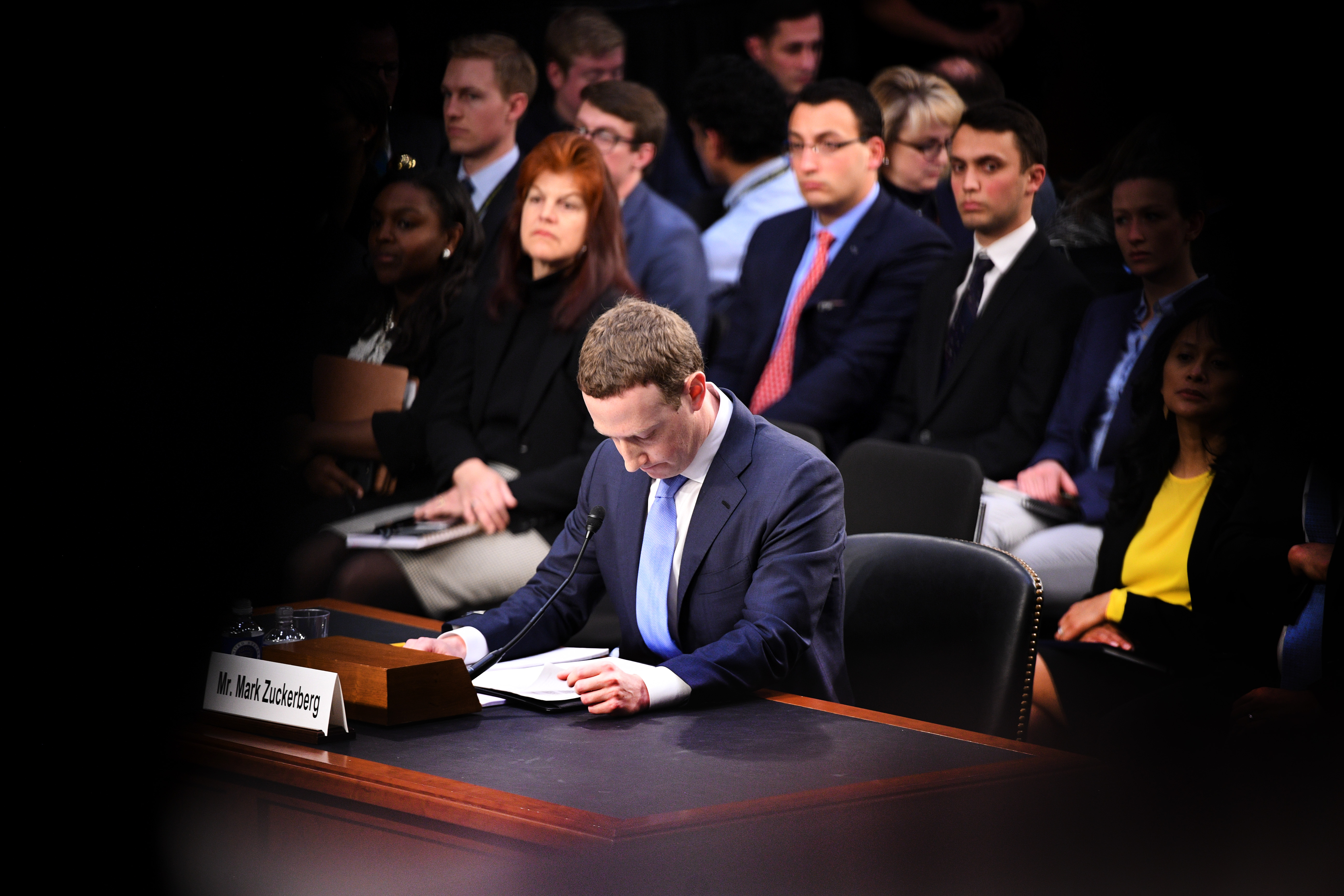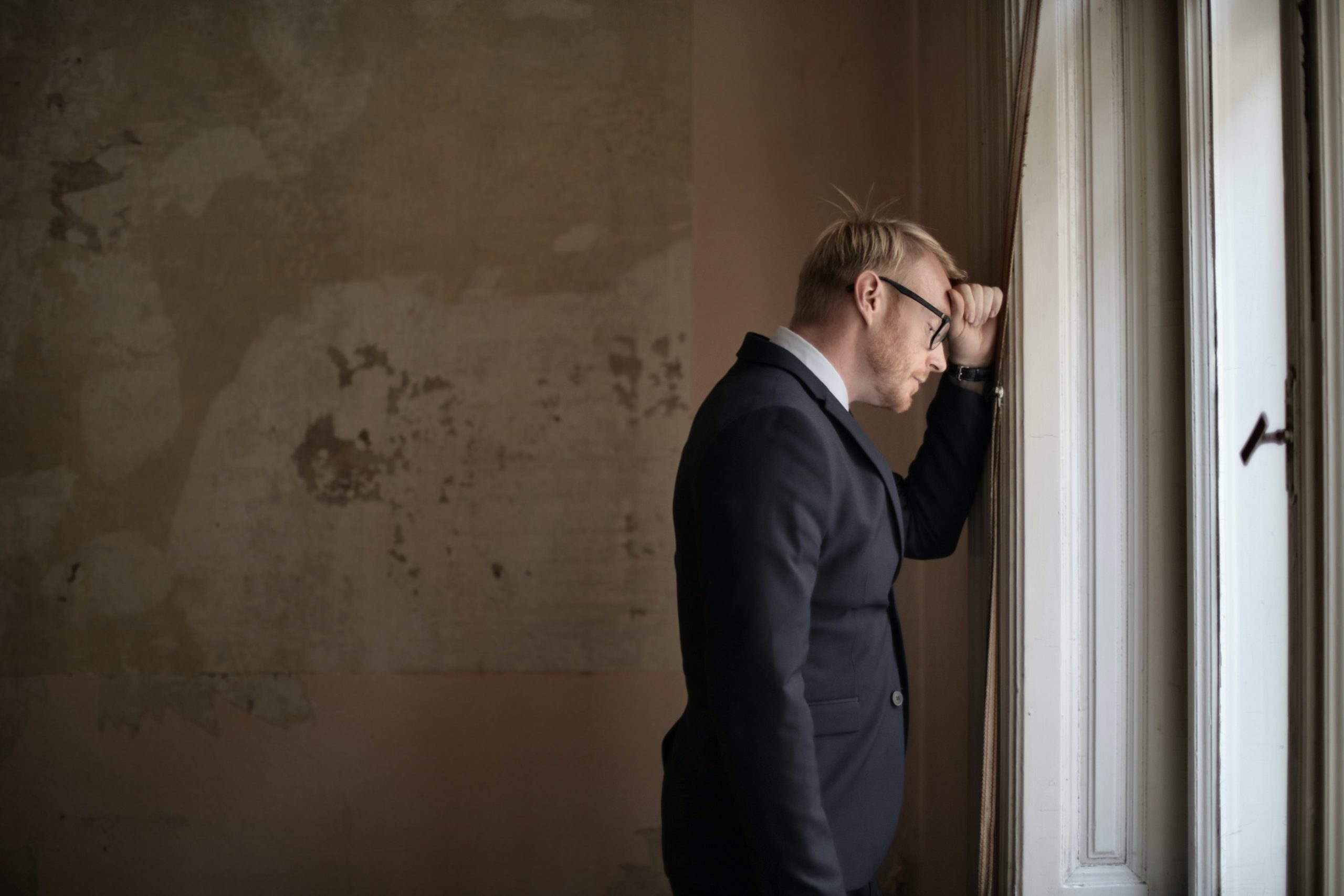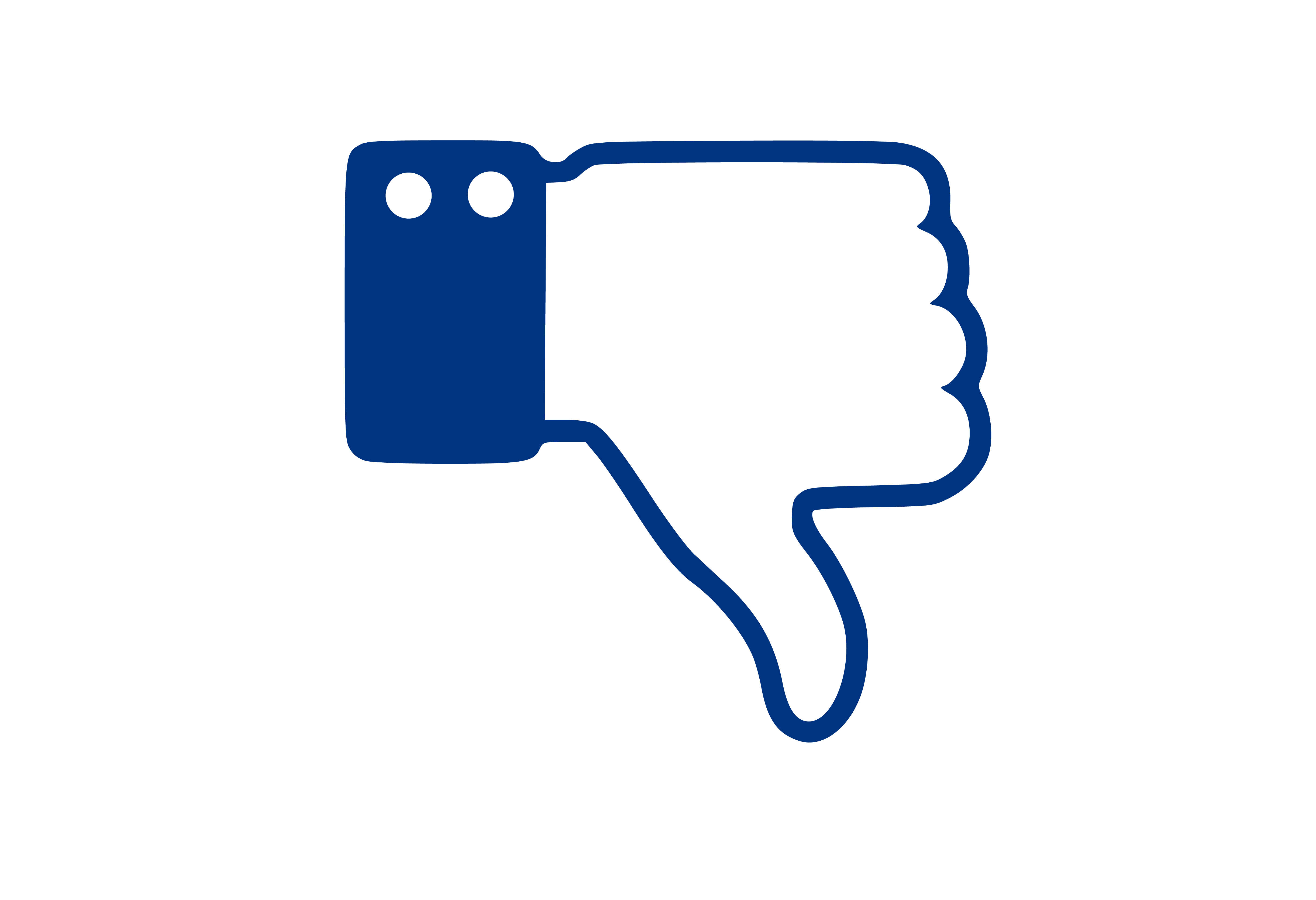Mark Zuckerberg’s trip to Washington this week marked a high-stakes PR challenge for the Facebook CEO as well as its brand. After months of negative coverage following the Cambridge Analytica data privacy scandal and a series of half-hearted public responses, Zuck faced the music. So how’d he do?
Above all, Zuckerberg was well prepared. Some might even say too prepared, given the frequency with which he prefaced answers with the questioner’s title. In fact, “Senator” and “Congressman” were used more than any other words. That, plus Zuckerberg’s flat, emotion-free affect gave his answers a stilted, overcoached quality.
Facebook came prepared
But for an occasion like a meeting with Congress, overpreparation beats the opposite. The Facebook communications and policy teams clearly left nothing to chance. A shot of Zuckerberg’s notes, which an AP photographer managed to snap when he left the room for a break, revealed neatly typed message points on every conceivable topic. (It also raised an interesting question about his right to – well, privacy.) Zuckerberg’s seat was even supplied with an extra cushion – possibly to make him look taller and more authoritative.
Mostly, he stuck to the script, patiently elaborating on key points over and over. In response to questions, he repeated that Facebook doesn’t feel it violated the 2011 consent decree about user privacy; that it has a reasonable attitude toward regulation; and that Facebook doesn’t actually sell data – technically true, of course, but lacking context.
The first day of testimony was highlighted by awkward moments that showed the Senate Committee’s relative lack of sophistication about digital advertising and privacy issues. Zuckerberg seemed a little baffled by the ignorance of some questioners, which gave rise to plenty of mean tweets and gifs about the average age of the Senate committee members.
 Jokes notwithstanding, there were plenty of landmines during the two days of hearings. Senator Lindsey Graham’s queries about how much Facebook’s offering overlaps with other platforms like Twitter or Snapchat may have seemed naive, but there are antitrust issues lurking behind them. And on day two, House Committee members were far more aggressive than their Senate colleagues, asking pointed questions about the nuances of web-tracking, data-sharing by third-party apps, and underage users.
Jokes notwithstanding, there were plenty of landmines during the two days of hearings. Senator Lindsey Graham’s queries about how much Facebook’s offering overlaps with other platforms like Twitter or Snapchat may have seemed naive, but there are antitrust issues lurking behind them. And on day two, House Committee members were far more aggressive than their Senate colleagues, asking pointed questions about the nuances of web-tracking, data-sharing by third-party apps, and underage users.
The best thing that Zuckerberg did was convey a sincere sense of responsibility for Cambridge Analytica’s misuse of data and Russia’s misinformation campaign on the platform. At times he showed real indignation. He reminded his audience regularly of Facebook’s humble beginnings in his Harvard dorm. He wasn’t defensive or prideful; in fact, his insistence that Facebook would welcome the right kind of regulation was disarming, at least on the face of it.
Media company or agnostic tech platform?
Maybe most importantly, Zuckerberg edged a little closer to identifying Facebook as a media company. He still contends that it is, above all, a technology platform “because the primary thing that we do is have engineers who write code and build product and services for other people.” Yet when the question was whether Facebook is responsible for the content shared on the platform, Zuckerberg was unequivocal: “I believe the answer to that question is yes.” This represents a more mature Zuck and an evolution of Facebook’s communication of its role and responsibility. But if the goal is reputation rehabilitation, the hearings were just the beginning.
This is where the hard part begins. Facebook-watchers remember Zuckerberg’s past apologies, and regulators have eagle eyes on that 2011 consent decree. On the serious matters of user privacy and outside manipulation, after the carefully constructed apology tour and two days of choreographed testimony, Facebook must walk the walk.


